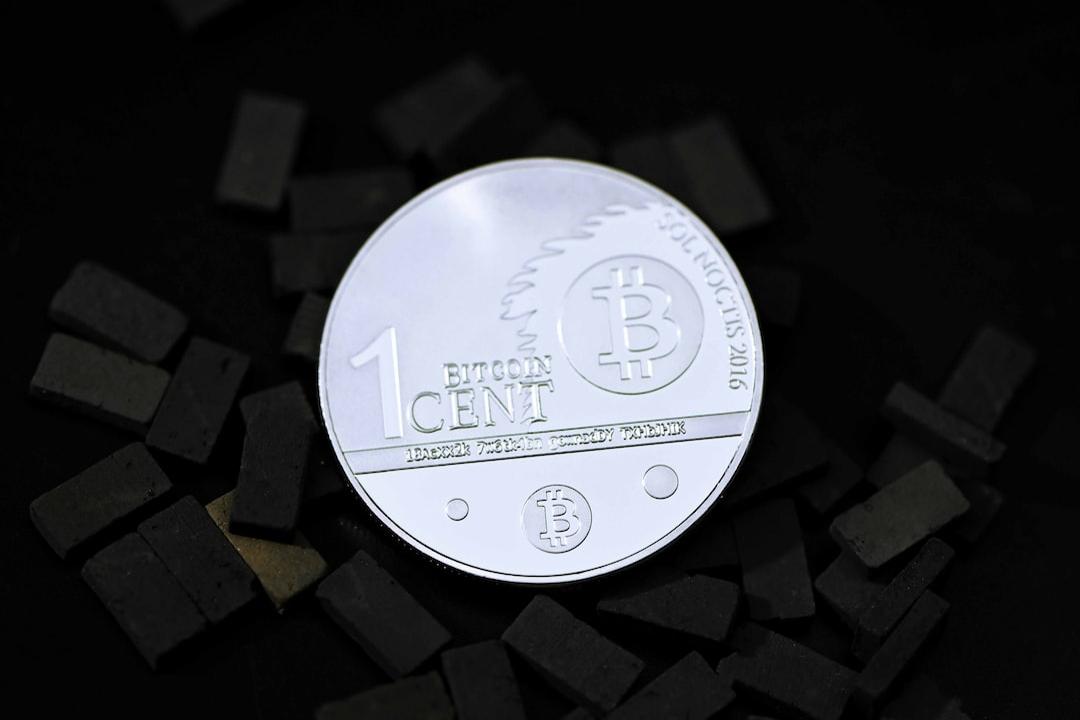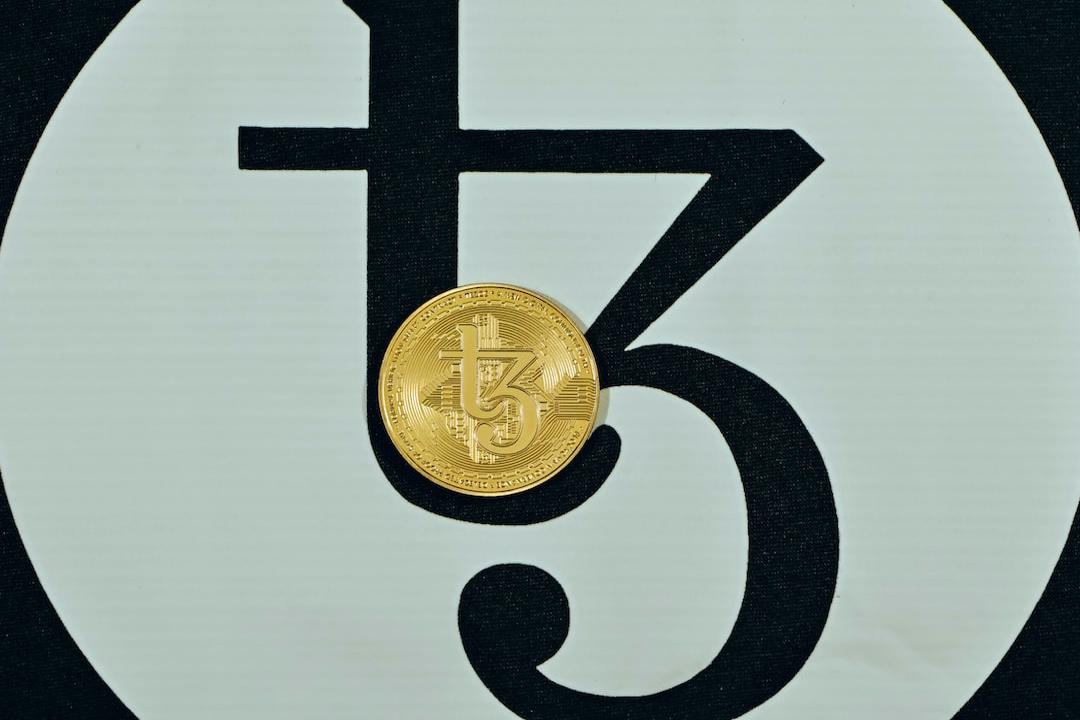Nearly 50% of Traditional Hedge Funds Now Invest in Cryptocurrencies: Report
Hedge fund
Survey
Centralized exchanges are favored by 58% of traditional hedge funds for liquidity and ease of use.
Last updated:
October 10, 2024 05:51 EDT

Crypto Reporter
Shalini Nagarajan

Crypto Reporter
Shalini Nagarajan
About Author
Shalini is a crypto reporter who provides in-depth reports on daily developments and regulatory shifts in the cryptocurrency sector.
Author Profile
Share






Copied
Last updated:
October 10, 2024 05:51 EDT

Why Trust Cryptonews
With over a decade of crypto coverage, Cryptonews delivers authoritative insights you can rely on. Our veteran team of journalists and analysts combines in-depth market knowledge with hands-on testing of blockchain technologies. We maintain strict
editorial standards
, ensuring factual accuracy and impartial reporting on both established cryptocurrencies and emerging projects. Our longstanding presence in the industry and commitment to quality journalism make Cryptonews a trusted source in the dynamic world of digital assets.
Read more about Cryptonews

Nearly half of traditional hedge funds now invest in cryptocurrencies, according to a
survey published
Thursday by the Alternative Investment Management Association and PwC. This marks a significant increase from 29% in 2023, and 37% in 2022.
This growth is driven by increased regulatory clarity and the launch of
spot cryptocurrency ETFs
in Asia and the US. Among the funds already invested, 67% plan to maintain their current capital levels. Meanwhile, 33% intend to invest more by the end of 2024.
The most popular digital asset strategies among traditional hedge funds are market-neutral and discretionary long-only, each adopted by 33% of respondents.
This survey was conducted in the second quarter this year. It included nearly 100 hedge funds from over six regions, managing about $124.5b in total assets.
Hedge Funds Move to Derivatives, Centralized Exchanges and Explore Tokenization
Centralized
exchanges
were found to be the preferred trading venues for 58% of traditional hedge funds. These platforms are favored for their liquidity and ease of use. Decentralized exchanges, used by 33%, offer greater control over assets. Over-the-counter (OTC) trading is preferred by 25%, as it allows large trades without impacting market prices.
Also, there is a notable shift towards derivative trading in digital assets. Its use rose to 58% in 2024 from 38% in 2023, while spot trading dropped to 25% after peaking at 69% last year. This shift signals growing sophistication in hedge fund strategies.

Image Source: AIMA/PwC
Interest in fund tokenization is also growing. About 33% of hedge fund respondents are committed to or exploring tokenization, up from around 25% last year. Among digital asset-focused hedge funds, 12% are already investing in tokenized assets, though regulatory challenges remain.
Many Still Reluctant to Enter Market
Despite the industry’s growth, many traditional hedge fund managers remain hesitant. Of those not currently invested in digital assets, 76% are unlikely to enter the space within the next three years, up from 54% in 2023. The top barrier, cited by 38% of funds, is the exclusion of digital assets from investment mandates.
While regulatory uncertainty remains a concern, it has eased somewhat due to clearer frameworks like the EU’s Markets in Crypto-Assets (MiCA) regulation.
Currently, family offices and high-net-worth individuals are the largest investors in digital asset-focused funds, followed by funds of funds.
In summary, the survey highlights a growing interest in digital assets among traditional hedge funds but also indicates significant barriers to wider adoption.
Follow us on Google News


